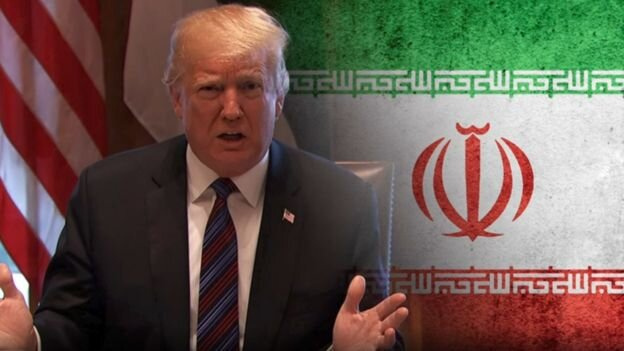The failure of Washington’s economic plans for Iran

In May 2018 when Donald Trump officially abandoned its nuclear agreement with Iran, he promised that they will pose a new round of very severe sanctions on Iran. United States Department of the Treasury had made a lot of supposedly “detailed” and complicated calculations.
According to their estimations, when the first phase of sanctions were placed on Iran’s gold and automotive industry on August 2018, Iran was supposed to experience its first economic shock. Then, in November, with posing oil and banking sanctions, Iran’s economy will be completely paralyzed.
The American officials had also considered two months for the period of tolerance (until the beginning of 2019). According to these estimations, some people like Trump’s National Security Advisor John Bolton even announced that Iran’s economy and even its government! Will collapse by the end of 2019.
Now, in the second half of 2019, not only Americans’ estimations about Iran’s economy have proven to be wrong, but the Islamic Republic has successfully entered the inferential market and has adroitly managed the psychological consequences of the sanctions. On the other hand, both the governmental and private sectors of Iran are adapting themselves to the phenomenon of American sanctions.
Above that, the failure of Trump’s administration in making correct economic estimations has now caused Washington’s European and regional partners to step in and manage the in-hand situation and try to stop the rising tension.
In this situation, the Islamic Republic adopted a firm policy that successfully thwarted Trump’s anti-Iran policies and announced that it will reduce its commitment to the nuclear deal officially known as the Joint Comprehensive Plan of Action (JCPOA).
Clearly, the recent predictions of the International Monetary Fund reveals the failure of the White House’s complicated and multi-layered plans to crush Iran’s economy. It also paints a bright future for the economy of Iran on its way toward becoming stronger than ever.
Source: Tehran Times

